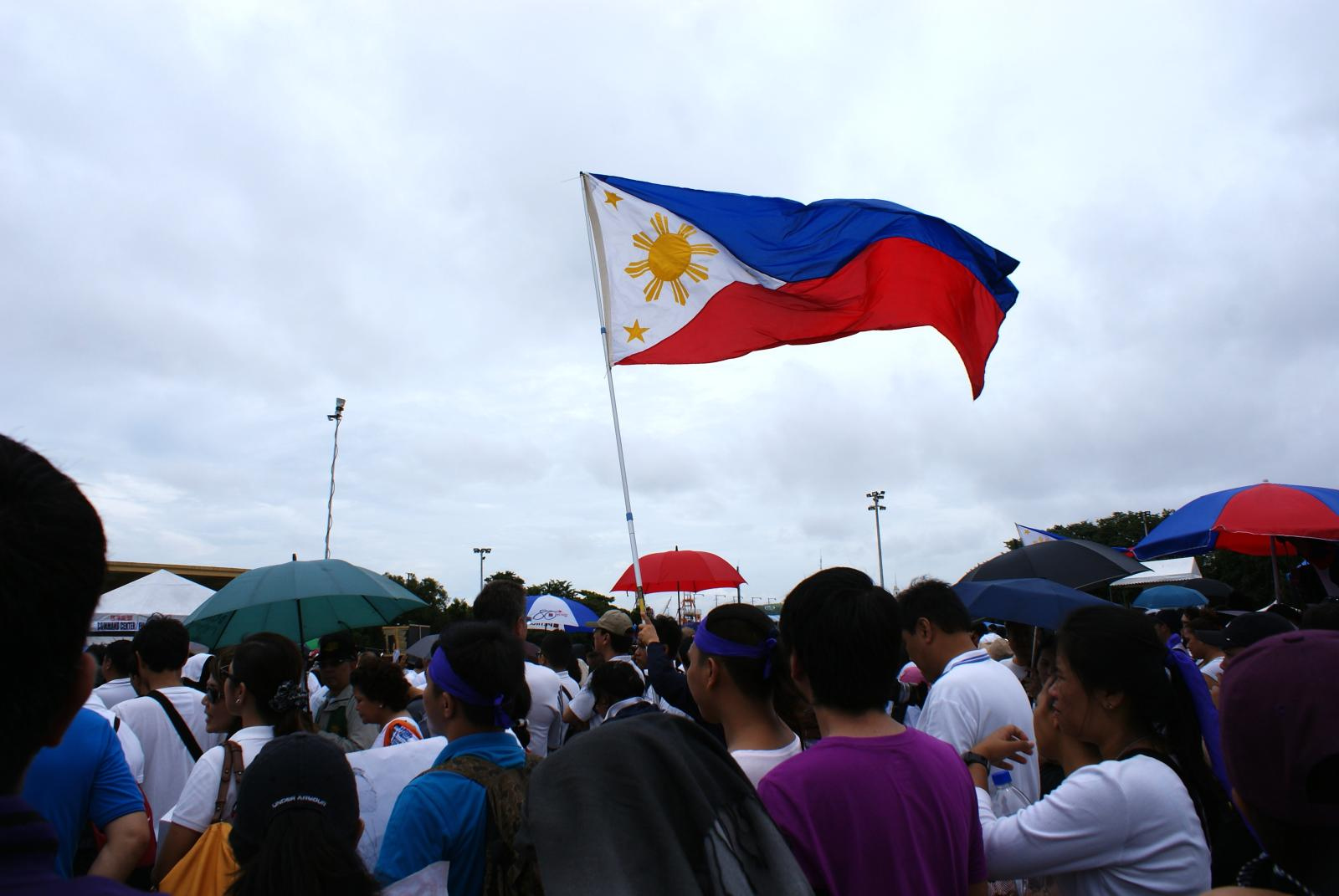
April 21, 2016, by Editor
Philippine Elections 2016: Much Ado About Nothing?
Written by Vladimir Guevarra.
Well that’s awkward. Some of my friends on Facebook have started attacking each other in defence of their preferred candidate for President of the Philippines. Some of the arguments are rather formal and more measured (“I choose X because of his achievements, including…”), some are moralistic (“I’m surprised some ‘Christians’ would condone a foulmouthed candidate”) while some are downright personal (“I should not be defending him from hypocrites like you!”). Note: Those brickbats are not against me.
So. Like wow. Chill. I found myself having to broker peace between two friends because it would be such a shame if their camaraderie sours on account of the elections. But so far, no peace yet.
A Facebook Election
This cycle of arguing and counter-arguing is evident among many of the 41 million Filipinos aged between 18 and 65 who are typing away on their iPhones and Samsungs and laptops, posting on Facebook and other social media. Many have dubbed the elections on May 9 as the country’s “first social media election”.
Judging by her number of Facebook followers, Miriam Santiago would be the most popular Presidential candidate with 3.47M page likes. She is followed by Grace Poe with 2.86M, Jejomar Binay with 2.64M, Rodrigo Duterte with 2.43M and lastly by administration candidate Mar Roxas with 1.39M.
While on one hand some may say that the ongoing online vitriol is just part of “democratic” debate in the country, on the other hand the would-be results of the ballot may be anything but.
Expect Fraud. What’s New?
Historically, electoral fraud, vote-buying and vote-rigging have been hallmarks of Philippine elections. And that is not about to change.
Remember that former Philippine President Gloria Arroyo was arrested on her hospital bed in 2011, accused of cheating to win a Senate seat for one of her supporters during the 2007 election. Even more recently the 2013 mid-term automated elections were declared by independent poll watch groups as a ‘technological and political disaster’. In the 2010 elections, Binay defeated Roxas during the vice-presidential race by about 740,000 votes. Roxas, however, questioned the result, saying it did not reflect actual votes because of an “anomalously high incidence” of null and misread votes in the certificates of canvass in all precincts. But in the end, the parties laid down their arms, and settled with Binay carrying on as V-P, and Roxas taking the post of Secretary of the Interior and Local Government.
So what is the point of all the heartache and friend-bashing on Facebook if, in the end, the result of the ballot would be rigged anyway?
Expect Mini “People Powers”
Already, some candidates are threatening to launch their own “people power” gatherings if they don’t win. To be sure, losing candidates will accuse the winners of electoral fraud. After all, the sheer number of Presidential candidates means the margin of lead (or loss) between opponents would be rather small. There is a high chance of rallies and counter rallies in Manila, in front of the Comelec building, to demand a recount. But will these protests be sustained over a period of days and grow in numbers? I doubt it.
My take is that Filipinos won’t be too bothered to take to the streets to demand the presidency for their losing candidate – especially if the margins are small. Only God would know who really won anyway. These squabbles would be too petty if compared with the conditions behind the 1986 EDSA uprising. Also, there would be the behind-the-scenes wheeling and dealing, as is common among politicians anyway. Already, Ms Poe is offering Duterte the post of anti-crime czar should she win as President. Also, there are reports of President Aquino recently meeting Ms Poe to explore how ‘to help each other’. So there you have it. The masses are quarrelling amongst each other while pinning their hopes of a better future on Presidential candidates who are willing to partake of the spoils for their convenience.
With emotions running high and all the drama and the recent headlines on how Duterte is being slammed over his sick joke about rape, Philippine Elections 2016 is truly the best show of the year in the Philippines.
The Resilience of the Landlord Class
But what if I told you that no matter who occupies that seat in Malacañang Palace, the long-entrenched, corrupt and anti-poor landlord class will still dominate Congress, the Senate and the politico-economic system?
After six years in power, Aquino’s government has penciled in decent-looking GDP and investment figures. But, GDP and investment for whom? Today, more than 26 million Filipinos remain poor. And nearly half or more than 12 million of them live in extreme poverty and without the means to feed themselves.5
It would do well for warring Facebook friends to look beyond the elections, unite and study the causes of poverty and rebellion.
Vladimir Guevarra was born in the Philippines and currently works in banking in Singapore having studied at the University of the Philippines. He is a former reporter of the Wall Street Journal and Dow Jones Newswires in Singapore and London. Image credit: CC by PROJames Sarmiento/Flickr.
No comments yet, fill out a comment to be the first

Leave a Reply